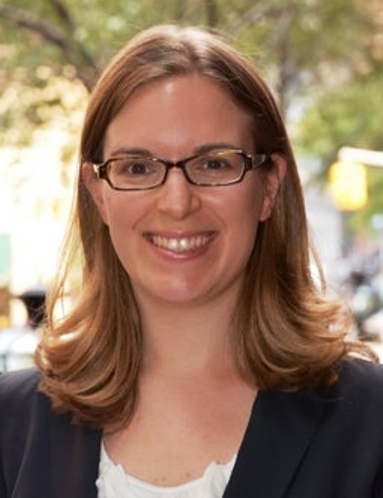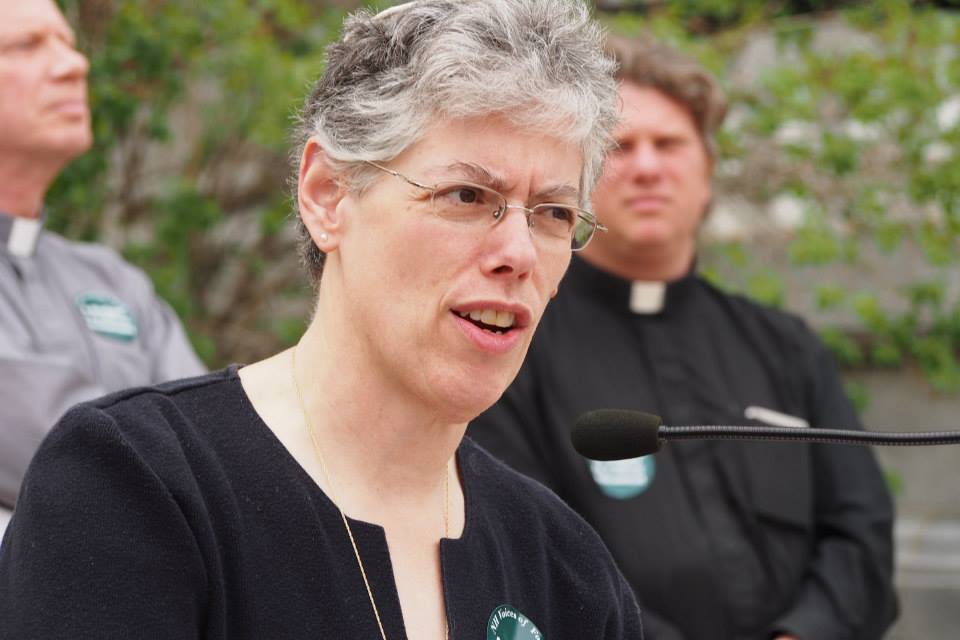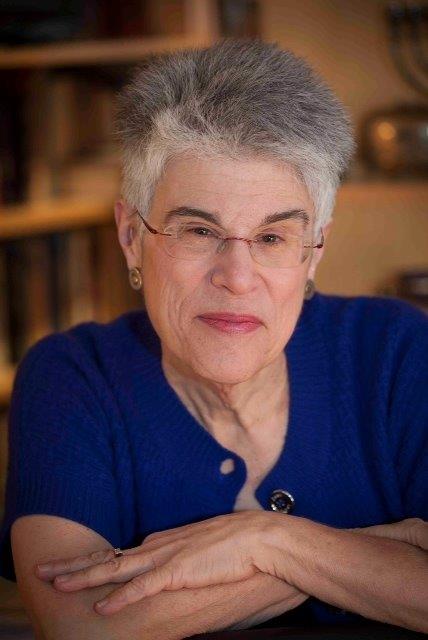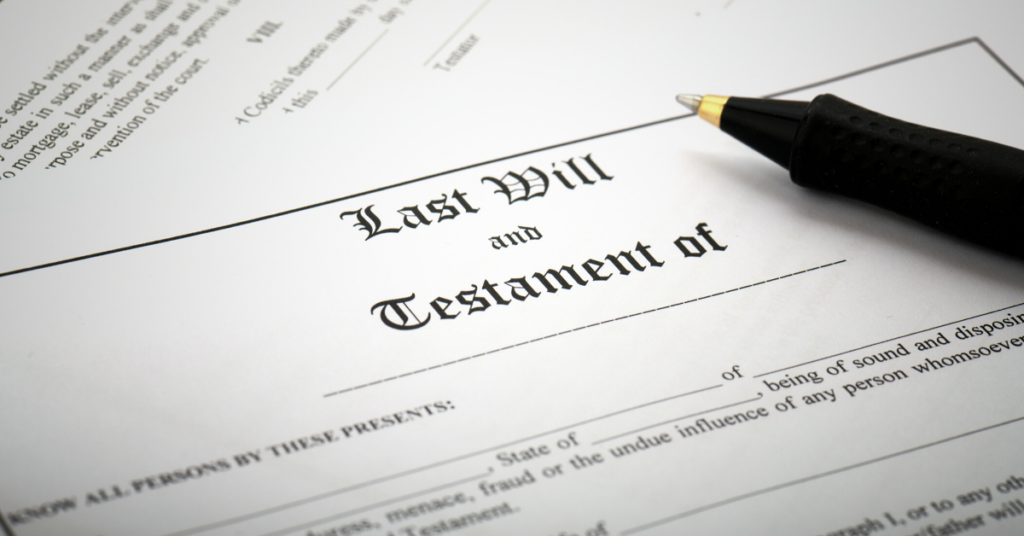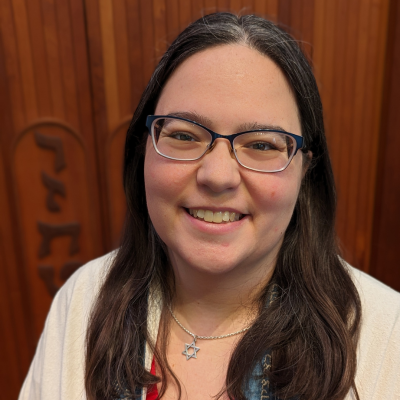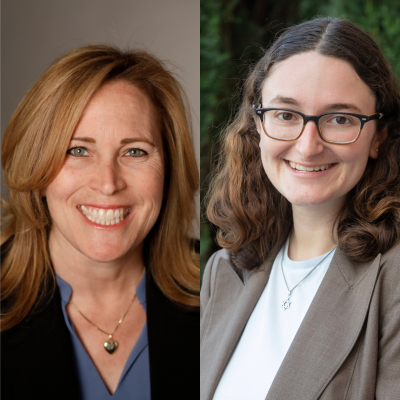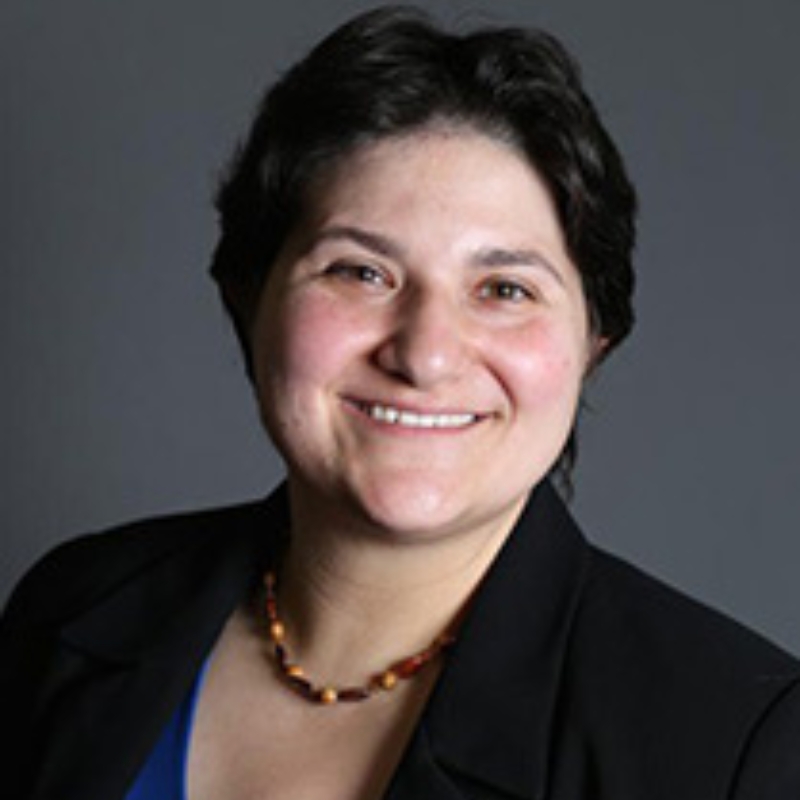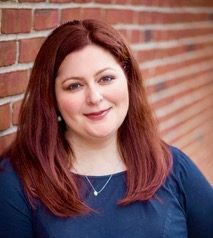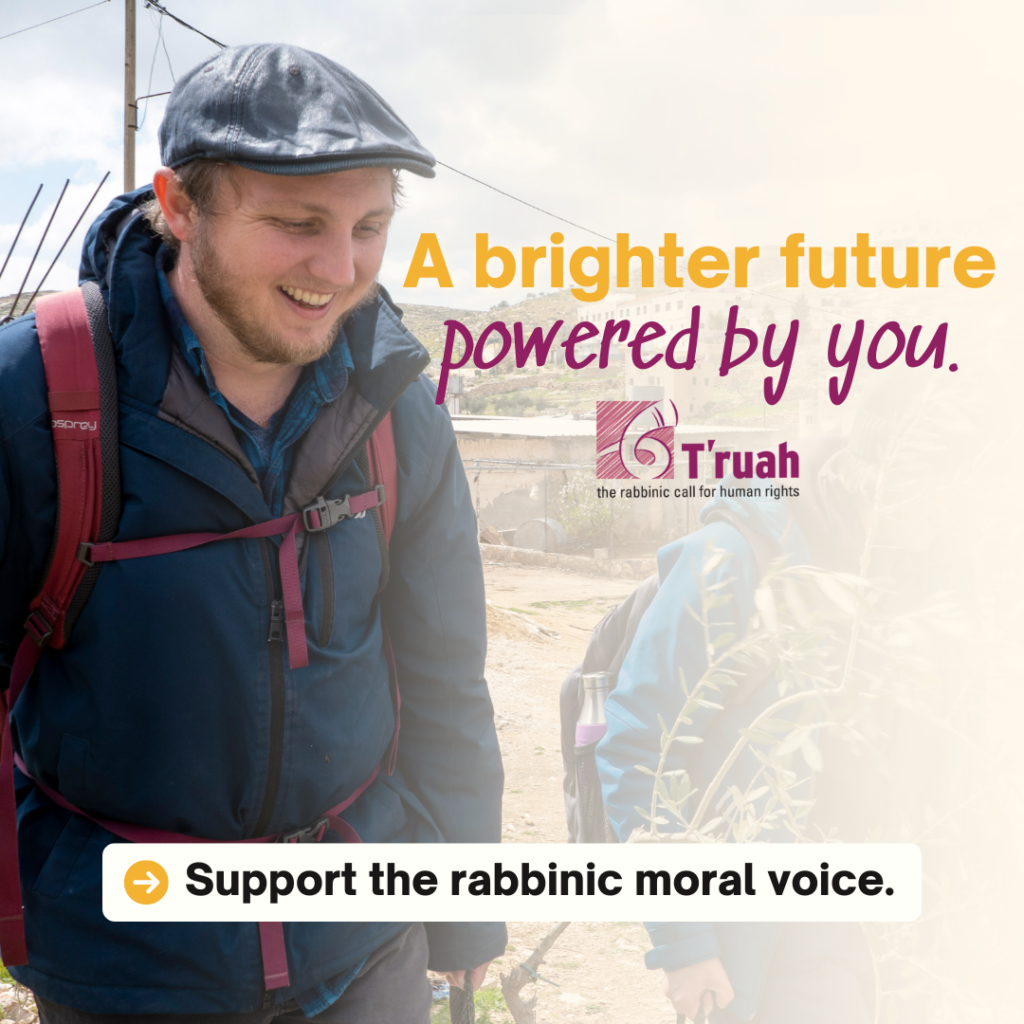Communities of Practice
What is a community of practice? A T’ruah community of practice will bring together 10-15 chaverim in good standing for shared learning and support as they work to advance human rights in a particular field. Each person is working on the issue independently, in their own rabbinate/cantorate — the group leaning is meant to enhance...
read more

